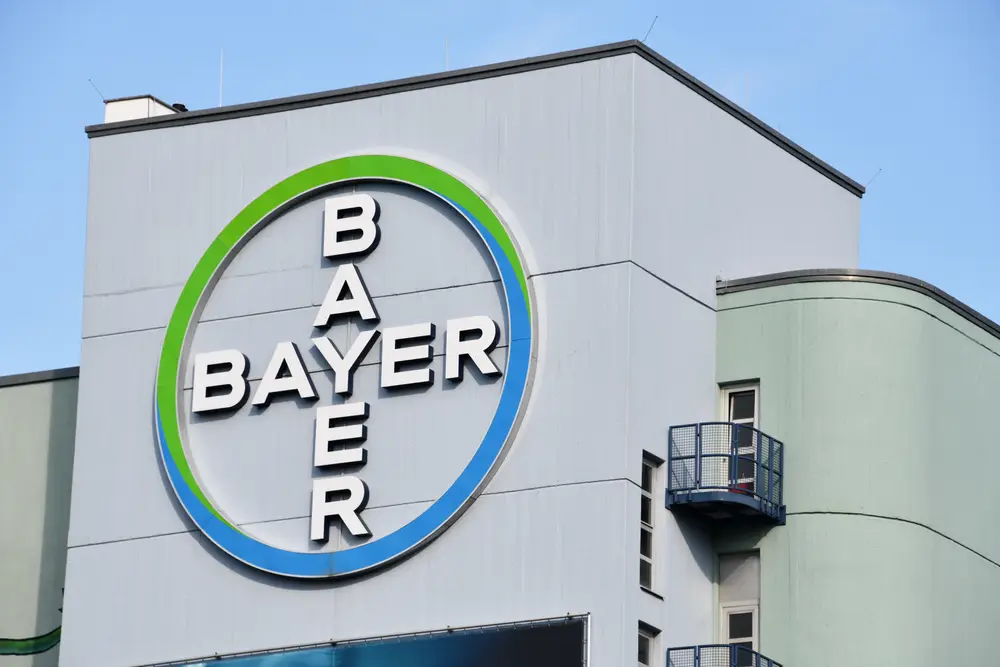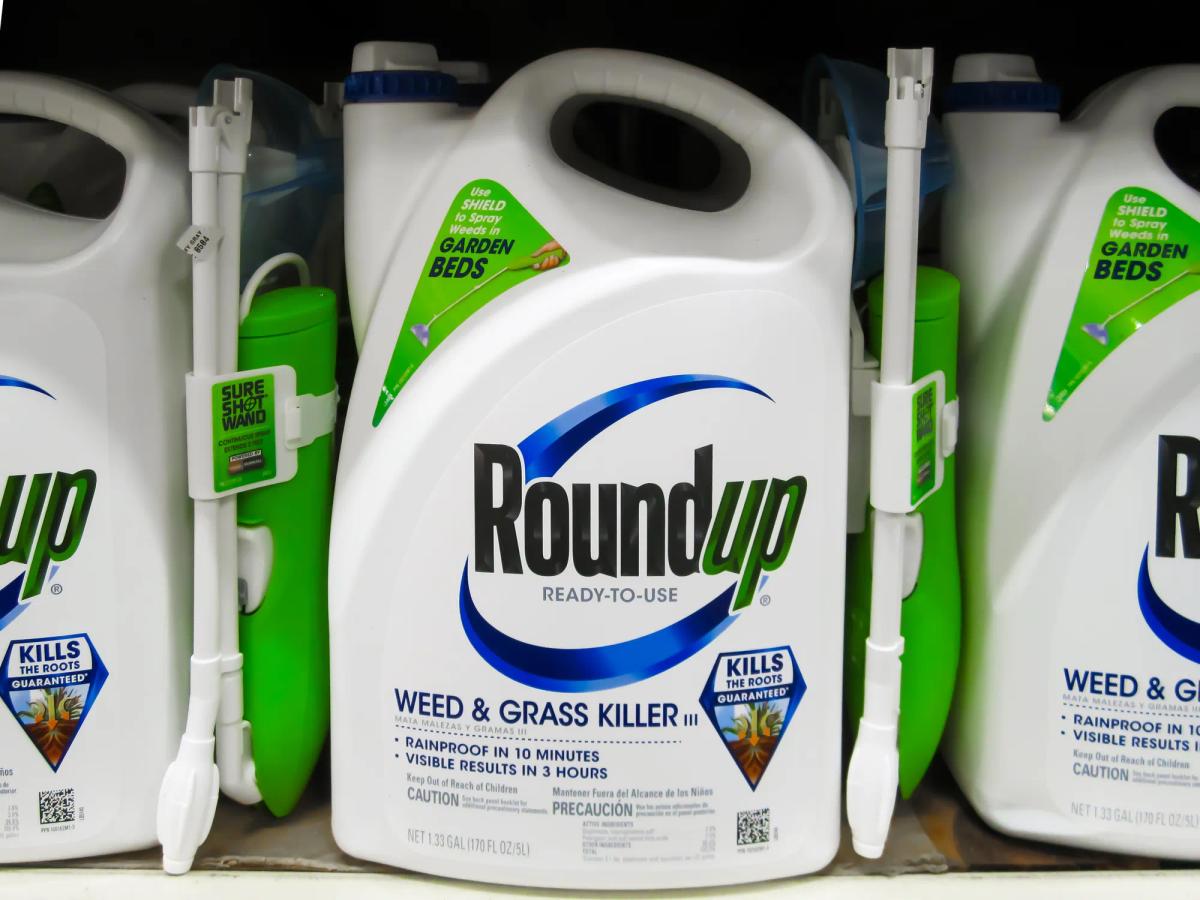A Philadelphia jury has ordered Bayer to pay $78 million after finding that long-term exposure to glyphosate in Roundup caused a Pennsylvania man to develop non-Hodgkin’s lymphoma. The verdict adds new momentum to thousands of pending Roundup cancer claims nationwide and raises broader questions about consumer safety, corporate accountability, and the future of Roundup litigation.
Philadelphia Jury Awards $78 Million
On October 10, 2024, a jury awarded plaintiff William Melissen a total of $78 million for cancer allegedly caused by years of using glyphosate-based Roundup weed killer.
Settlement Breakdown
- $3 million in compensatory damages
- $75 million in punitive damages
Punitive damages are specifically designed to hold Bayer (formerly Monsanto) responsible for what the jury determined to be failure to warn consumers about serious cancer risks linked to glyphosate.
More Than 30 Years of Roundup Exposure
Melissen used Roundup regularly between 1992 and 2020, both at work and at home. After being diagnosed with non-Hodgkin’s lymphoma in 2020, Melissen alleged that Monsanto and Bayer knowingly withheld safety information from consumers while aggressively marketing the weed killer as safe.
Melissen’s win marks a victory for claimants after Bayer recently won 14 out of 20 Roundup-related trials. The jury awarded $3 million in compensatory damages to help reimburse Melissen for his loss and suffering. The $75 million Melissen will receive in punitive damages, however, were intended to punish Monsanto and Bayer for what the jury viewed as particularly egregious conduct. This outcome is a ray of hope for those eager to see these powerful companies held accountable for their actions.
Bayer disputes the verdict in the Melissen case, maintaining its stance that scientific evidence shows no link between glyphosate and cancer. Scientific views on the correlation are mixed, with agencies like the International Agency for Research on Cancer (IARC) classifying glyphosate as a probable carcinogen and the U.S. Environmental Protection Agency (EPA) denying any risk to human health. Bayer announced plans to appeal the settlement decision, citing U.S. Supreme Court guidelines on the acceptable ratio of punitive to compensatory damages and a recent ruling in Monsanto’s favor about pesticide warning labels.

William Melissen’s lawsuit isn’t the only Roundup-related litigation Bayer and Monsanto have found themselves up against. Public concern about glyphosate began around 1996, and since then, thousands of lawsuits have been filed against the companies by those alleging Roundup caused their cancer. Juries have ruled in plaintiffs’ favor in a number of these cases. Billions of dollars in settlements have been awarded to claimants throughout the years, including $2.25 billion (later reduced to $400 million) to another man with non-Hodgkin’s lymphoma in early 2024. Around 58,000 Roundup lawsuits are still pending.
Though the company stands staunchly behind the safety of its glyphosate products, Melissen’s lawsuit and other Roundup cases motivated Bayer to remove glyphosate from the lawn and garden version of the product in the United States in 2023. While this may seem like a step in the right direction, studies show some alarming information that has raised red flags for environmental agencies and consumers: The chemicals used in the new formulations may be even more harmful than glyphosate. Bayer continues to deny its glyphosate products pose any risk to consumers, claiming the formulation changes are “exclusively to manage litigation risk and not because of any safety concerns.” Versions of Roundup for agricultural or professional use and international Roundup products will still contain glyphosate.
The Road Ahead for Those Impacted by Roundup
William Melissen’s win is a landmark success in the ongoing battle over the dangers of Roundup. Though Bayer continues to double down on its stance on Roundup’s safety, the company is feeling the pressure of the mounting lawsuits and has removed glyphosate from consumer Roundup formulations. However, health concerns remain about the new chemicals used in the product. Verdicts like Melissen’s $78 million settlement serve as powerful reminders that big corporations are increasingly being held legally accountable for their harmful conduct. Litigation is ongoing, with Bayer currently facing thousands of pending cases, providing hope to Roundup victims and those eager to see corporate giants face justice.
Frequently Asked Questions (FAQ)
The Philadelphia jury linked Roundup exposure to Non-Hodgkin’s Lymphoma (NHL), a cancer of the lymphatic system that affects immune function. NHL has been the most frequently cited cancer in Roundup litigation nationwide and has been central to multiple jury verdicts involving long-term glyphosate exposure.
Scientific research has supported this link. In 2015, the International Agency for Research on Cancer (IARC) classified glyphosate as a probable human carcinogen, citing evidence of increased lymphoma risk.
Glyphosate can enter the body through skin contact, inhalation, or ingestion, particularly among agricultural workers and landscapers. Over time, repeated exposure may contribute to oxidative stress, immune disruption, and cellular damage, according to studies reviewed by the National Institutes of Health (NIH).
The Centers for Disease Control and Prevention (CDC) has confirmed that glyphosate can be detected in human urine samples, especially in people with occupational exposure, indicating ongoing internal absorption.
Yes. Cancer linked to chemical exposure often develops years or decades after initial contact, a delay known as a latency period. Researchers note that glyphosate-related cellular damage may accumulate slowly, meaning symptoms may not appear until long after exposure ends.
According to the NIH and studies cited in JAMA, environmentally induced cancers like NHL frequently emerge long after the triggering exposure, which is why many Roundup plaintiffs were diagnosed years after stopping use.




Add Comment